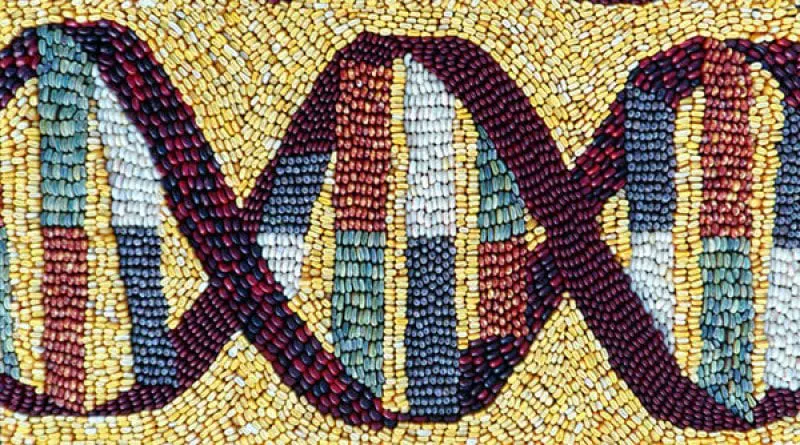Chemicals can no longer easily defeat weeds and insects. These genetic solutions might help farmers control voracious pests
Chemicals can no longer easily defeat weeds and insects. These genetic solutions might help farmers control voracious pests


’Resistance is leading to this problem where the control measures that we have relied on for decades are no longer working,’ explains Dana MacGregor, a plant molecular geneticist at Rothamsted Research in Hertfordshire, UK… ‘ Now, the traditional measures of just going out and using something out of a can don’t work. Much more effort has to go in on the farmer side of things to achieve those really high levels of healthy crops and high yields’.
…
MacGregor’s work focuses on understanding herbicide resistance by looking at weeds’ genomes. She compares resistant weeds to a broken car. To fix the problem, one must understand what’s doing the damage in the first place.
But while mechanics can open a car and see what faulty components are stopping the car from working, plant scientists are less familiar with what makes a plant resist pesticides. ‘When we look at a plant, we see green bits and flowering bits. But what is exactly inside of those? What are the genetics underpinning the [resistance] traits that we see?’
MacGregor compares at the molecular level plants that are killed by herbicide to plants that resist that same herbicide. With this information, she might understand what makes a weed resistant – and what strategies would be more feasible to deal with it.
Read the original post

 | Videos | More... |

Video: Nuclear energy will destroy us? Global warming is an existential threat? Chemicals are massacring bees? Donate to the Green Industrial Complex!
 | Bees & Pollinators | More... |

GLP podcast: Science journalism is a mess. Here’s how to fix it

Mosquito massacre: Can we safely tackle malaria with a CRISPR gene drive?

Are we facing an ‘Insect Apocalypse’ caused by ‘intensive, industrial’ farming and agricultural chemicals? The media say yes; Science says ‘no’
 | Infographics | More... |

Infographic: Global regulatory and health research agencies on whether glyphosate causes cancer
 | GMO FAQs | More... |

Why is there controversy over GMO foods but not GMO drugs?

How are GMOs labeled around the world?

How does genetic engineering differ from conventional breeding?
 | GLP Profiles | More... |

Alex Jones: Right-wing conspiracy theorist stokes fear of GMOs, pesticides to sell ‘health supplements’




 Trust issues: What happens when therapists use ChatGPT?
Trust issues: What happens when therapists use ChatGPT? Fighting deforestation with CO2: Biotechnology breakthrough creates sustainable palm oil alternative for cosmetics
Fighting deforestation with CO2: Biotechnology breakthrough creates sustainable palm oil alternative for cosmetics Viewpoint: Video — Big Solar is gobbling up productive agricultural land and hurting farmers yet providing little energy or sustainabilty gains
Viewpoint: Video — Big Solar is gobbling up productive agricultural land and hurting farmers yet providing little energy or sustainabilty gains California, Washington, Oregon forge immunization alliance to safeguard vaccine access against federal undermining
California, Washington, Oregon forge immunization alliance to safeguard vaccine access against federal undermining Viewpoint — Fact checking MAHA mythmakers: How wellness influencers and RFK, Jr. undermine American science and health
Viewpoint — Fact checking MAHA mythmakers: How wellness influencers and RFK, Jr. undermine American science and health 30-year-old tomato line shows genetic resistance to devastating virus
30-year-old tomato line shows genetic resistance to devastating virus The free-range chicken dilemma: Better for birds, but with substantial costs
The free-range chicken dilemma: Better for birds, but with substantial costs ‘You have to treat the brain first’: Rethinking chronic pain with Sanjay Gupta
‘You have to treat the brain first’: Rethinking chronic pain with Sanjay Gupta
